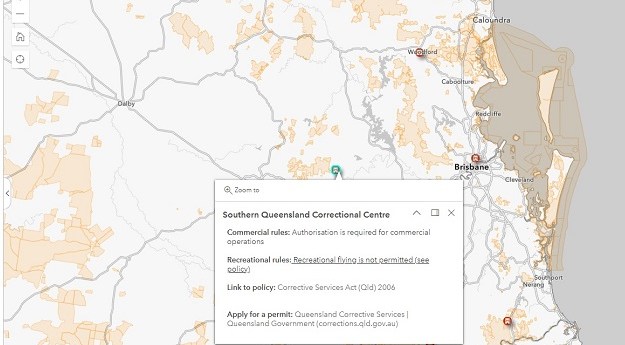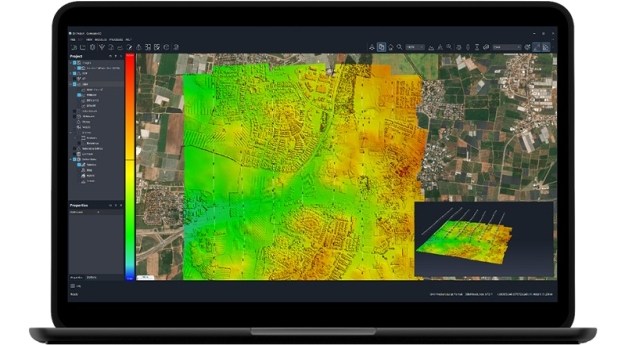
TomTom recently copped some flack from its Dutch users when they sold aggregate location data to authorities, which in turn were using the data to place speed traps.
This week, it seems like TomTom Australia is about to do the same thing, with plans to make data collected about its customers’ journeys – such as travel time, speeds, and routes taken – available for sale to road authorities and private companies later in the year.
Privacy advocates are concerned, and are calling on companies collecting this data to be more up-front on its use, and give the user a clear and simple way to opt-out. They have suggested that all data-collecting devices come with a mandatory sticker to inform the consumer.
TomTom Australia's vice-president of marketing Chris Kearney, in a phone interview with the Sydney Morning Herald, said that the privacy concerns are not applicable as the data is de-coupled from individual users and is purely time-stamped GPS data.
Because of the feedback received in the Netherlands, Mr Kearny said that TomTom would have to examine ways of preventing the data being used to create speed traps in Australia.
The data could be used by road authorities to identify and fix bottlenecks, or by private companies like marketing agencies to better place billboards.












